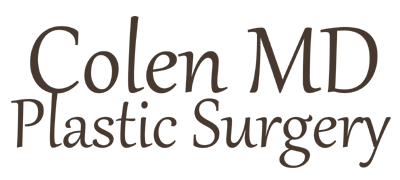What Is Cystocele Surgery?
A cystocele can occur when the wall between a woman’s vagina and her bladder becomes weakened from childbirth causing the bladder to drop into the vagina. When this occurs it can cause incomplete emptying of the bladder or unwanted urine leakage when a woman laughs or coughs. Any pressure on the bladder can cause leakage that can be embarrassing. This is called stress incontinence.
A cystocele can occur because of straining during a delivery of a child or chronic straining because of constipation or even from constant heavy lifting. There are three grades of cystocele – Grade 1 – the bladder is only partially in the vagina; Grade 2 – the bladder has reached the opening of the vagina; and Grade 3 -the most severe- the blader is bulging out through the vagina opening.
Estrogen is a hormone that helps to keep the vagina muscles strong. After menopuause, however, when estrogen production becomes low, the muscles around the bladder and the vagina may weaken.
When a woman experiences stress incontinence, she should consult her physican to rule out a cystocele. A Grade 2 or 3 cystocele, can be diagnosed on physical examination as the fallen bladder can be felt or seen in the vagina on straining. Grade one, however, is harder to diagnose and the doctor might perform an x-ray of the bladder while voiding called a voiding cystourethrogram. This test also allows the doctor to see if there is any blockage in the natural flow of urine and how much urine remains in the bladder after voiding. Other tests may also be necessary to get the final diagnosis and cause of the problem.
With a Grade 1 or mild cystocele the patient will probably be told that surgery is not necessary and they should avoid straining or heavy lifting that might worsen the condition. Sometimes a small tape can be placed through the vagina to keep the bladder in its position to improve the situation. This is a short procedure and can be done under sedation on outpatient basis. If the problem is a Grade 2 or Grade 3 cystocele, surgery is usually recommended to remedy the problem. For a moderate or Grade 2 cystocele a pessary can be placed in the vagina which is a device to hold the bladder in place. Available in various sizes and shapes to accommodate the anatomy of the patient, a pessary is a temporary measure that has to be periodically removed to ensure that it did not irritate the tissue to cause an ulcer or infection.
If the patient has a Grade 3 or severe cystocele then surgery is required to reposition the bladder back into its normal place and keep it there. This surgery would be performed by a urologist, gynecologist or a urogynecologist. The patient would require hospitalization for several days as well as a four to six week recovery period. This procedure usually requires an abdominal incision to repair the bladder and urethra and strengthen the vagina wall to ensure that there is no further occurrence.
To prevent future cystoceles from developing you should avoid heavy lifting, treat constipation with high fiber foods and control coughing or sneezing and keep your weight under control.

